Britain Mourns Death Of Prince Philip
Prince Philip, the longest serving royal consort in British history who was a constant presence at Queen Elizabeth II's side for decades, died on Friday aged 99, Buckingham Palace announced.
The death of the Duke of Edinburgh is a profound loss for the 94-year-old monarch, who once described him as her "strength and stay all these years".
The Queen announced the death "with deep sorrow... of her beloved husband" in a short statement, which said he passed away peacefully in the morning at Windsor Castle, west of London.
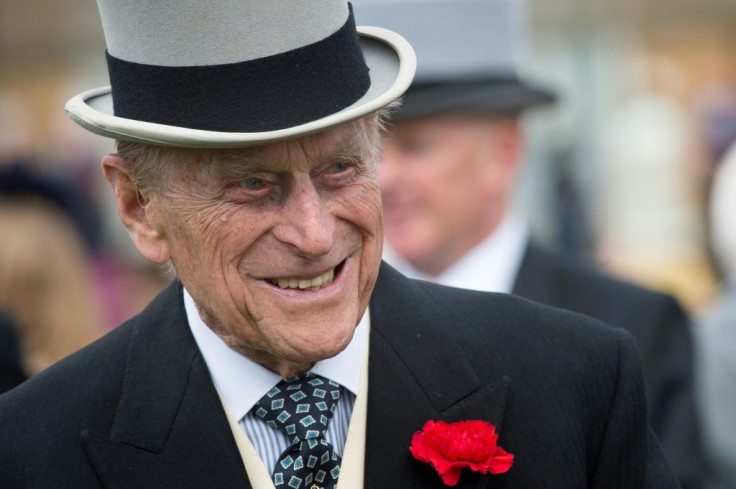
"The Royal Family join with people around the world in mourning his loss," it added.
The announcement triggered an official period of national mourning before his funeral, the date of which has yet to be announced but had been planned to be within eight days.
Flags were lowered to half-mast on public buildings as part of a well-rehearsed protocol that included the pealing of bells, planned gun salutes on Saturday and the recall of parliament on Monday.
As a mark of respect, political campaigning for May local elections was suspended. An image of the prince was projected in lights at London's Piccadilly Circus landmark.
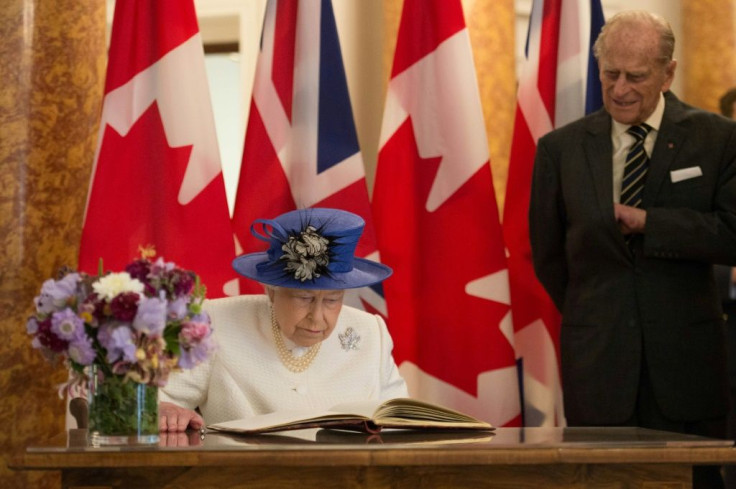
In pre-recorded comments aired in a special BBC programme on Friday, Philip's children reminisced about their father, his long life and achievements.
"Well you know he didn't suffer fools. So if you said anything that was in any way ambiguous - he'd say 'make up your mind!'" his eldest son, and the Queen's heir, Prince Charles, said.
His sister, Princess Anne, said "there was a huge amount of encouragement to do things and quite a lot of leeway of pushing your own boundaries, which is probably not given to many nowadays."
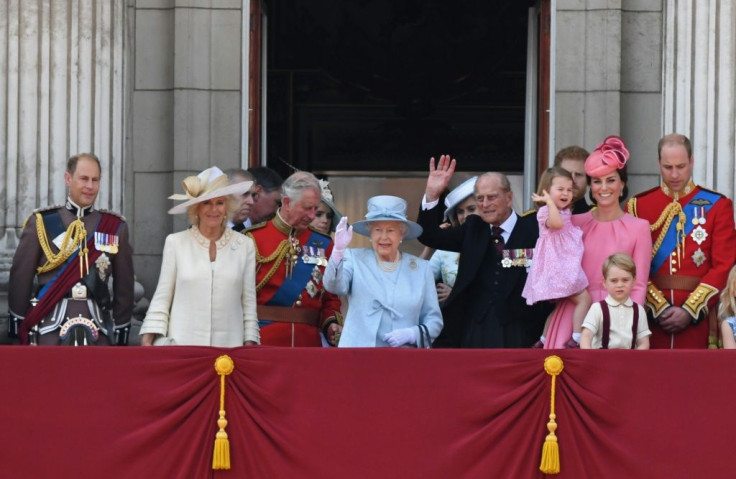
Philip, an outspoken former navy commander, devoted much of his life as the Queen's husband to charity work.
Famed at one point for gaffes, some caused offence but supporters said they were simply ice breakers when meeting people in awkward situations.
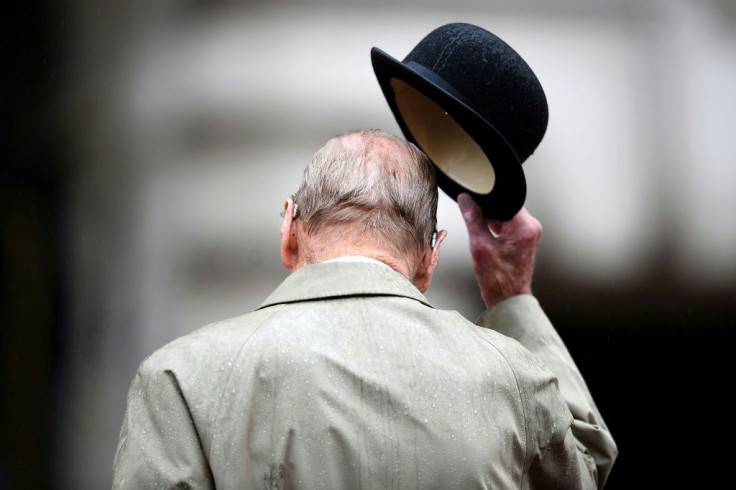
He was admitted to hospital on February 16, and went home after a month during which he was treated for a pre-existing heart condition and an infection.
Announcing his death, BBC television played the national anthem over a picture of Philip in his prime, dressed in military dress uniform.
"We give thanks, as a nation and a kingdom, for the extraordinary life and work of Prince Philip, Duke of Edinburgh," Prime Minister Boris Johnson, dressed in mourning black, said outside 10 Downing Street.
Johnson said Philip had "earned the affection of generations" at home, in the Commonwealth and across the world after first serving in the Royal Navy and then over nearly eight decades beside the Queen.
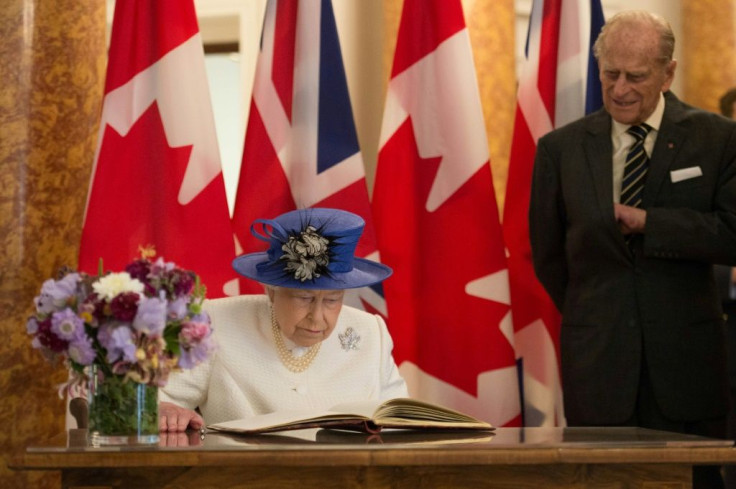
Tributes poured in from political and faith leaders in Britain, and from the United States, Europe and Commonwealth countries including Australia, Canada, India, New Zealand and Pakistan.
Philip is expected to be buried at St George's Chapel in Windsor Castle, according to the royal College of Arms, at a date to be determined.
But restrictions for the coronavirus pandemic have seen the palace urge the public to stay away, although that did not prevent a sea of floral tributes and messages being left at royal residences.
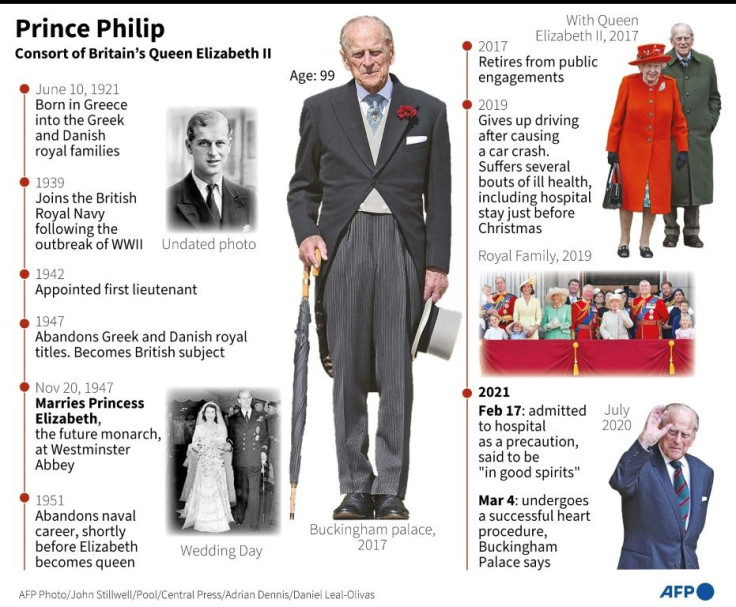
Government regulations are being eased from Monday to allow up to 30 people to attend a funeral, ruling out the attendance of foreign dignitaries.
Philip's grandson, Prince Harry, is likely to make his first return to Britain since his shock move to the United States last year, British media reported.
He and his American wife, Meghan, wrote on the website of their Archewell charitable foundation: "Thank you for your service... you will be greatly missed."
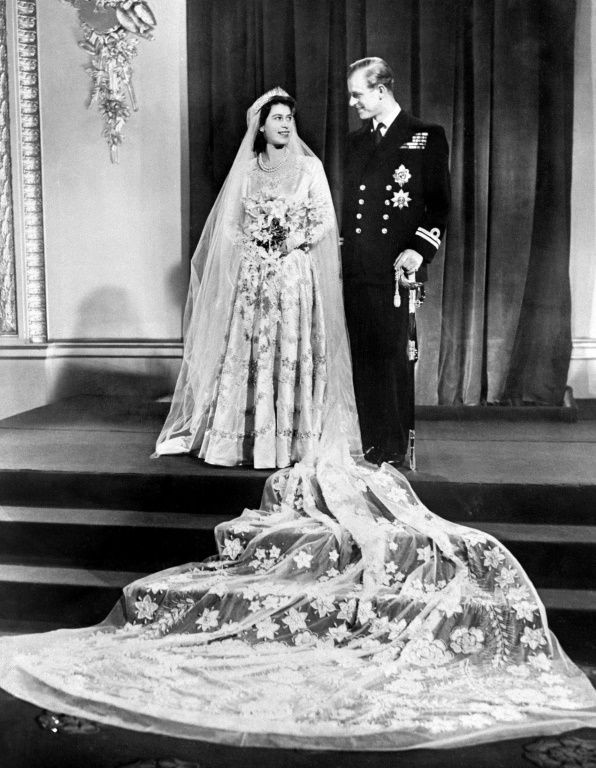
Britain's front pages on Saturday paid tribute to Philip, expressing support for the Queen.
"We're all weeping with you Ma'am," said The Sun tabloid on top of photographs of the prince and the Queen.
The Daily Mail splashed a picture of the Queen looking at her husband along with the headline "Farewell, my beloved" on the front page of its 144-page souvenir edition.
Throughout the day, a steady stream of mourners paid tribute at the Queen's London home and her residence at Windsor, leaving flowers, cards and Union Jack flags.
"It was really a shock this morning, and it made our hearts ache for the Queen," said Karen Llewellyn, a Frenchwoman married to a Welshman, who came to the castle with daughter, Emilie.
"We all have this thought for the Queen who will be alone without her pillar," she added, while daughter Emilie said she "made a little prayer" after hearing the news.
However, police at the palace and other royal sites discouraged well-wishers from lingering, owing to Britain's Covid restrictions on mass gatherings.
Philip retired from public duties in 2017 at the age of 96 and died just before his 100th birthday in June -- a milestone that for Britons is typically marked with a congratulatory message from the queen, who is Britain's longest-serving monarch.
The couple, who celebrated their 73rd wedding anniversary in November, had been living largely in isolation at Windsor Castle, because their age put them at heightened risk from Covid-19.
Philip was no stranger to health issues.
He was previously fitted with a stent in 2011 after suffering from a blocked artery.
The prince then spent four nights in hospital in December that year, receiving treatment for what was described as a "pre-existing condition".
He was last seen at a staged appearance at a military ceremony at Windsor Castle last July, days after attending the wedding ceremony of his granddaughter Princess Beatrice.
The Queen had four children with Philip -- heir to the throne Charles, Anne, Andrew and Edward -- eight grandchildren and 10 great-grandchildren.
Philip was born on the island of Corfu with Danish and Greek royal titles.
He fled the country when he was just 18 months old with his parents and four sisters, after his uncle, king Constantine of Greece, was forced to abdicate.
The family initially settled in France.
Philip was formally introduced to the then Princess Elizabeth, in July 1939 and they kept in touch during the war, meeting on several occasions.
The pair married in Westminster Abbey in London in 1947.
Over the ensuing decades he was involved in numerous charities, including the World Wide Fund For Nature and the Duke of Edinburgh Award scheme for young people.
© Copyright AFP 2024. All rights reserved.





















